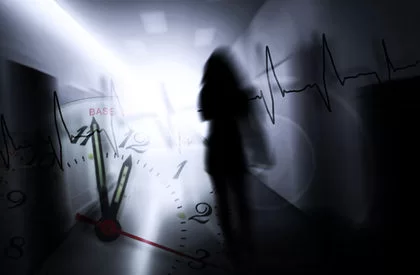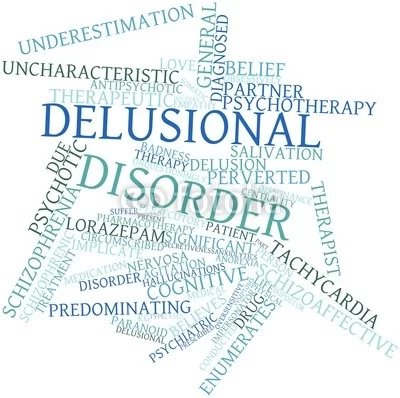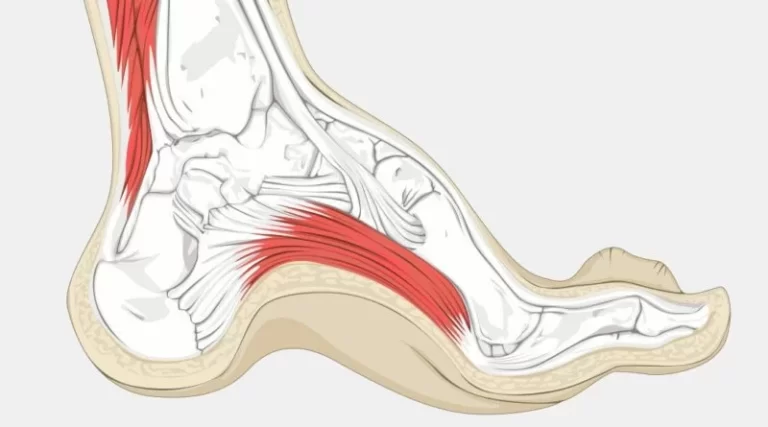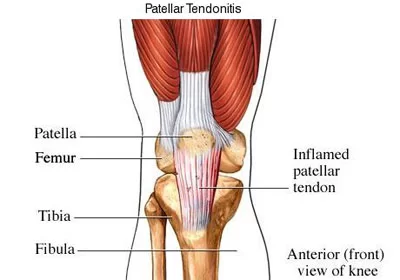Delusional Disorder
Table of Contents
What is a Delusional Disorder?
Delusional disorder, previously called paranoid disorder, is a type of serious mental illness — called a “psychosis”— in which a person cannot tell what is real from what is imagined. The main feature of this disorder is the presence of delusions, which are unshakable beliefs in something untrue.
People with delusional disorder experience non-bizarre delusions, which involve situations that could occur in real life, such as being followed, poisoned, deceived, conspired against, or loved from a distance. These delusions usually involve the misinterpretation of perceptions or experiences. In reality, however, the situations are either not true at all or highly exaggerated.

What are the types of Delusional Disorder?
-Erotomanic:
Someone with this type of delusional disorder believes that another person, often someone important or famous, is in love with him or her. The person might attempt to contact the object of the delusion, and stalking behavior is not uncommon.
-Grandiose:
A person with this type of delusional disorder has an over-inflated sense of worth, power, knowledge, or identity. The person might believe he or she has a great talent or has made an important discovery.

-Jealous:
A person with this type of delusional disorder believes that his or her spouse or sexual partner is unfaithful.

-Persecutory:
People with this type of delusional disorder believe that they (or someone close to them) are being mistreated, or that someone is spying on them or planning to harm them. It is not uncommon for people with this type of delusional disorder to make repeated complaints to legal authorities.
-Somatic:
A person with this type of delusional disorder believes that he or she has a physical defect or medical problem.

Mixed: People with this type of delusional disorder have two or more of the types of delusions listed above.
SYMPTOMS:
-Non-bizarre delusions -these are the most obvious symptom
-Irritable, angry, or low mood
-Hallucinations (seeing, hearing, or feeling things that aren’t really there) related to the delusion. For example, someone who believes they have an odor problem might smell a bad odor.
CAUSES:
-Genetic: The fact that delusional disorder is more common in people who have family members with delusional disorder or schizophrenia suggests genes may be involved. It is believed that, as with other mental disorders, a tendency to have delusional disorder might be passed on from parents to their children.
-Biological: Researchers are studying how delusional disorders might happen when parts of the brain aren’t normal. Abnormal brain regions that control perception and thinking may be linked to delusional symptoms.
-Environmental/psychological: Evidence suggests that stress can trigger delusional disorder. Alcohol and drug abuse also might contribute to it. People who tend to be isolated, such as immigrants or those with poor sight and hearing, appear to be more likely to have delusional disorders.
TREATMENT:
Delusional disorder is considered difficult to treat. Antipsychotic drugs, antidepressants, and mood-stabilising medications are frequently used to treat this mental illness and there is growing interest in psychological therapies such as psychotherapy and cognitive behavioural therapy (CBT) as a means of treatment.
PHYSIOTHERAPY TREATMENT:
there is no specific physiotherapy is given to this patient.
-aerobic exercise
-yoga therapy
-relaxation
-deep breathing
-stretching is given to the patient if there is any tightness in muscles
–Progressive muscle relaxation technique

Progressive muscle relaxation (PMR) is a technique of exercise therapy that involves contracting and relaxing your muscle groups, one at a time, in a specific manner.
progressive muscle relaxation was developed by American physician Dr. Edmund Jacobson in the 1920s. He found that physical exercise in a specified manner gives you relaxation and also improves your mental health.








My husband has delusional disorder and we have been living with this since 2006. We have been married for 32 years, I am a psychotherapist–mainly so I could understand what the heck happened to my husband–and he is completely in his psychotic fantasy period. He wants to divorce and then he says we can be best friends. Right. He refuses to take meds, admit that he is mentally ill, and I alone am responsible for his misery because I am such a slut.